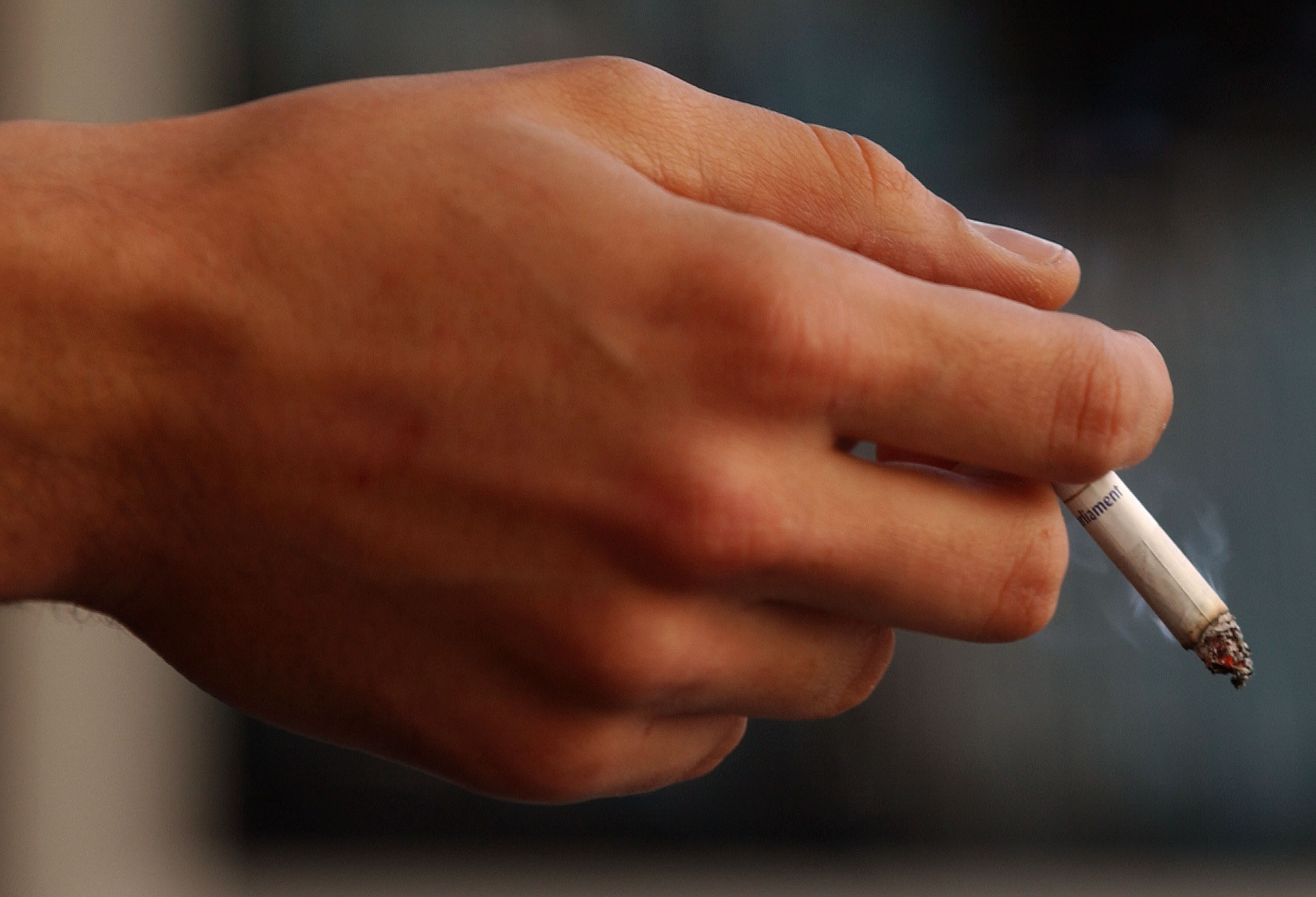Scientists are perplexed by the low rate of coronavirus hospitalizations among smokers. Nicotine may hold the answer.


A free daily email with the biggest news stories of the day – and the best features from TheWeek.com
You are now subscribed
Your newsletter sign-up was successful
No experts are remotely advocating for people to take up smoking to prevent COVID-19, but some researchers have theorized nicotine may be playing some role in keeping the virus at bay, Vice reports. That's because there's a surprisingly low rate of smokers among coronavirus hospitalizations.
In France, for example, 25 percent of the population smokes, but only 5.3 percent of coronavirus patients have been recorded as smokers, and studies have found low rates in China and New York City, as well.
Greek cardiologist and tobacco harm-reduction specialist Konstantinos Farsalinos thinks nicotine (crucially, not tobacco) might be lessening the intensity of cytokine storms, an overreaction of the body's immune system which seems to be the cause of the most severe coronavirus symptoms. French researchers have a slightly altered theory that nicotine prevents the virus from entering cells (the difference lies in the type of receptors the virus latches onto), and they're hoping to test out nicotine patches on patients to see if they help fight off COVID-19. The French government suspended the online sale of patches to make sure people don't buy in bulk and try to treat themselves that way.
The Week
Escape your echo chamber. Get the facts behind the news, plus analysis from multiple perspectives.

Sign up for The Week's Free Newsletters
From our morning news briefing to a weekly Good News Newsletter, get the best of The Week delivered directly to your inbox.
From our morning news briefing to a weekly Good News Newsletter, get the best of The Week delivered directly to your inbox.
The seemingly out-there theory has piqued the interest of scientists across the world, though many are urging caution. The lower rates could be a result of some other chemical in tobacco producing a protective effect, or it could be that the number of smokers is being underreported.
"Smokers who have developed chronic disease have likely quit because of their disease," Michael Siegel, a community health sciences professor at Boston University, said. "Many of the smokers who are continuing to smoke are doing so because they don't have disease yet. So this would be expected to skew the sample of hospitalized patients toward people who do not smoke." Read more at Vice.
A free daily email with the biggest news stories of the day – and the best features from TheWeek.com
Tim is a staff writer at The Week and has contributed to Bedford and Bowery and The New York Transatlantic. He is a graduate of Occidental College and NYU's journalism school. Tim enjoys writing about baseball, Europe, and extinct megafauna. He lives in New York City.
